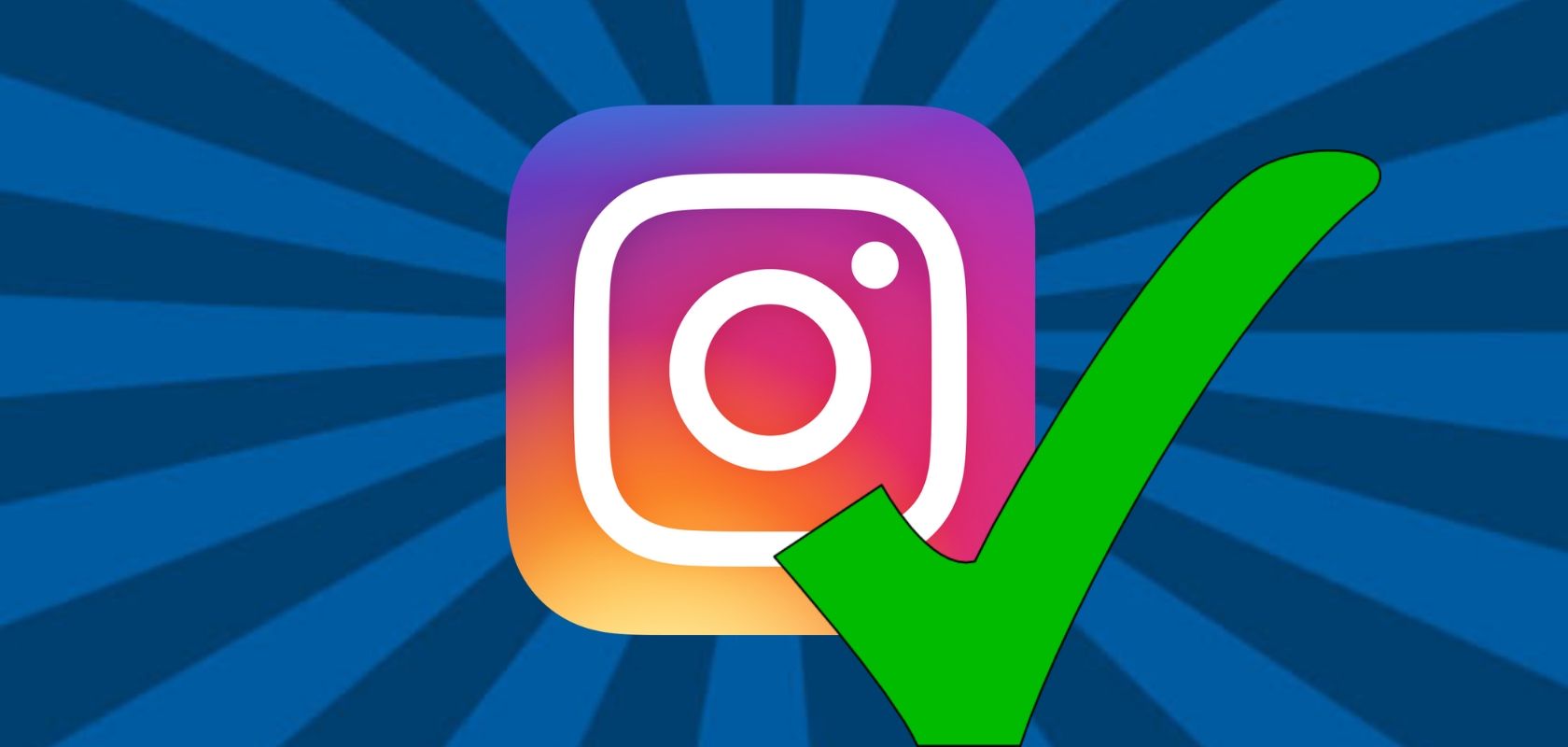It’s probably the worst thing that can happen to a “fact-checker” or a system of “fact-checking” put in place by a major platform – to turn into a caricature of itself, and do it quickly.
It hasn’t even been two weeks since Facebook’s Instagram expanded its “fact-checking” policy by introducing a new tool of content moderation and censorship. But the tool is working so poorly, especially when trying to assess “factual truthfulness” of content like memes, which rely on comedy – that some of the 45 third-party “fact-checkers” hired by Instagram, like Africa Check, are already being memefied themselves.
Given the nature and purpose of memes, determining whether the imagery contained in them is “true” or “false” seemed sure to backfire and deliver absurd results, because what it essentially tries to do is “fact-check” jokes. One of the first to be hidden under the “false information” notice was the “car tire” meme, that shows what is patently obviously a valve stem about to be removed, along with text “instructing” users to “snip off this tube” to remove “an RFID chip” and “stop the government from tracking your car.”

But nobody explained the joke to Africa Check, and so this organization flagged the meme, censored it, and helpfully advised Instagram users “not to snip.”

This gave rise to a series of new memes based on an original image that changed the text into something often even more ludicrous.
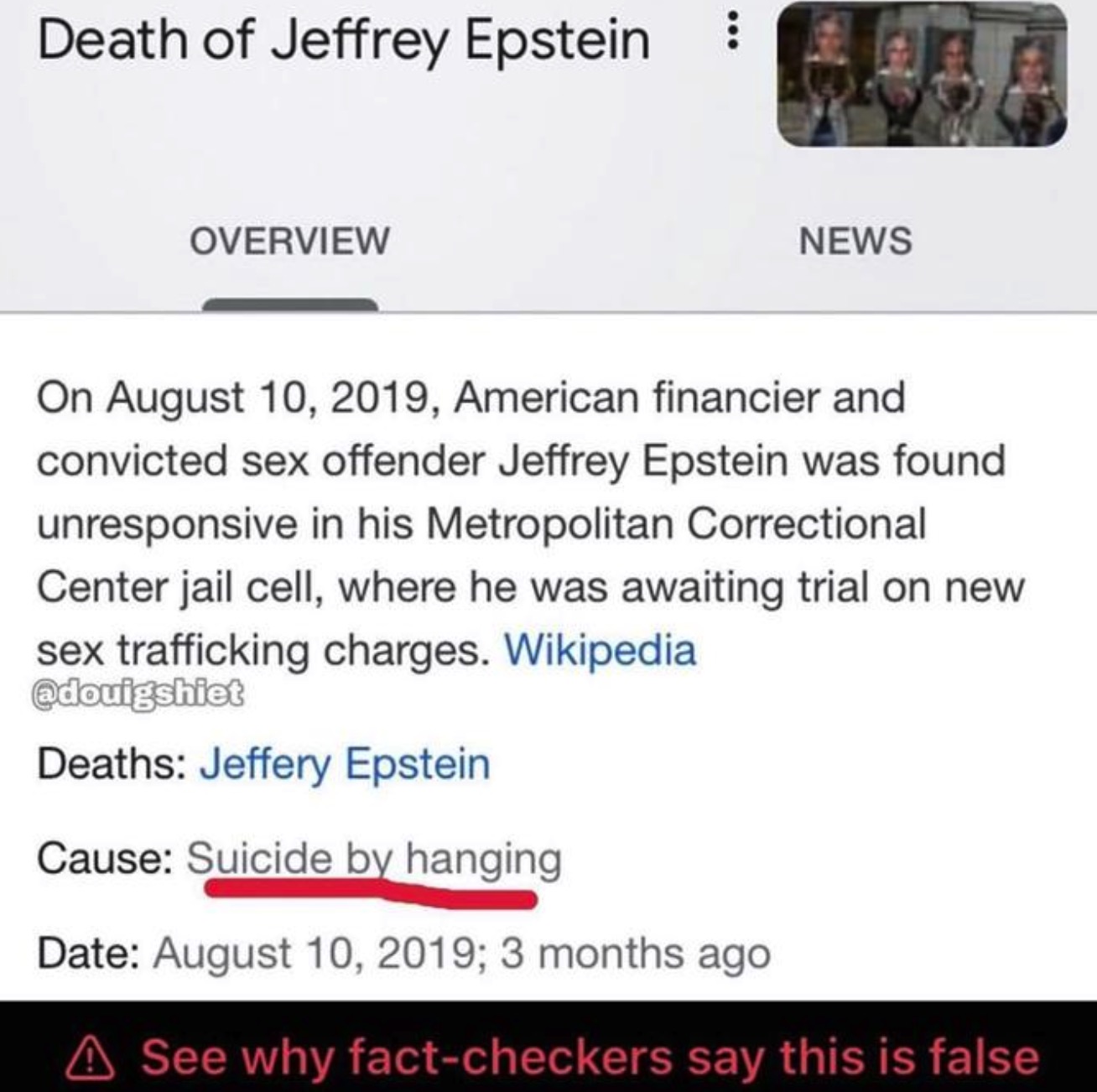
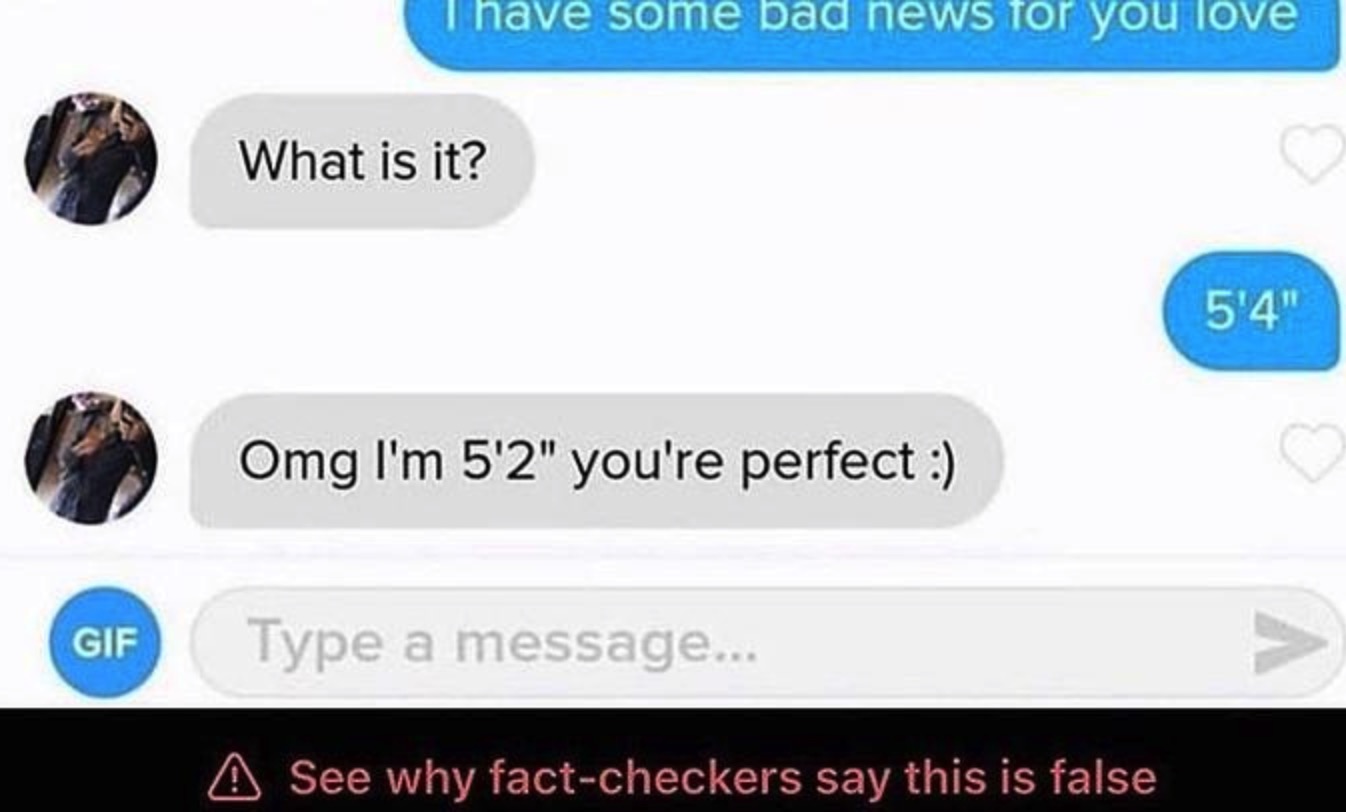
It didn’t take long for Africa Check itself to become the subject of memes.
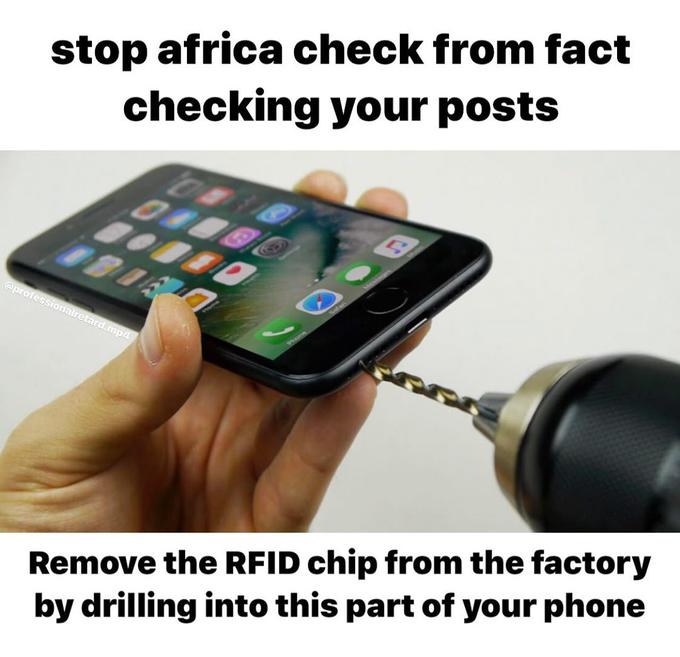
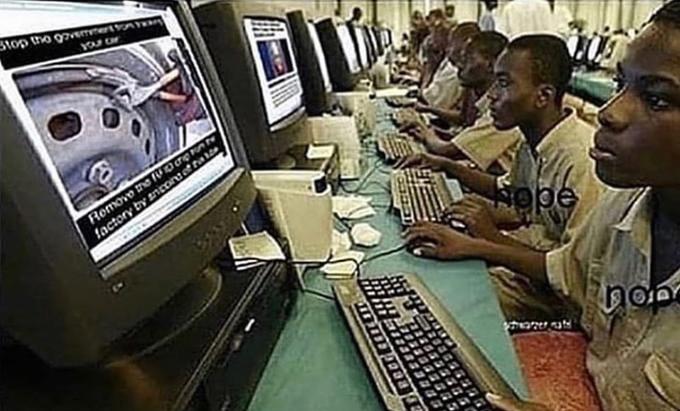
All in all, Instagram’s effort that was supposed to be a serious attempt at fighting the ills of actual misinformation and disinformation has proved to be a bit of a joke – flagging and warning about memes instead of weeding out actual fake news.
However, the problem with the emerging “fact-checking” industry is not just the blurring of perfectly good content, but the obscurity behind the whole concept: who actually checks that these “fact checkers” are fit to decide what’s true and what’s false on the web?
See also: Instagram fact checks and censors satirical Greta Thunberg meme

